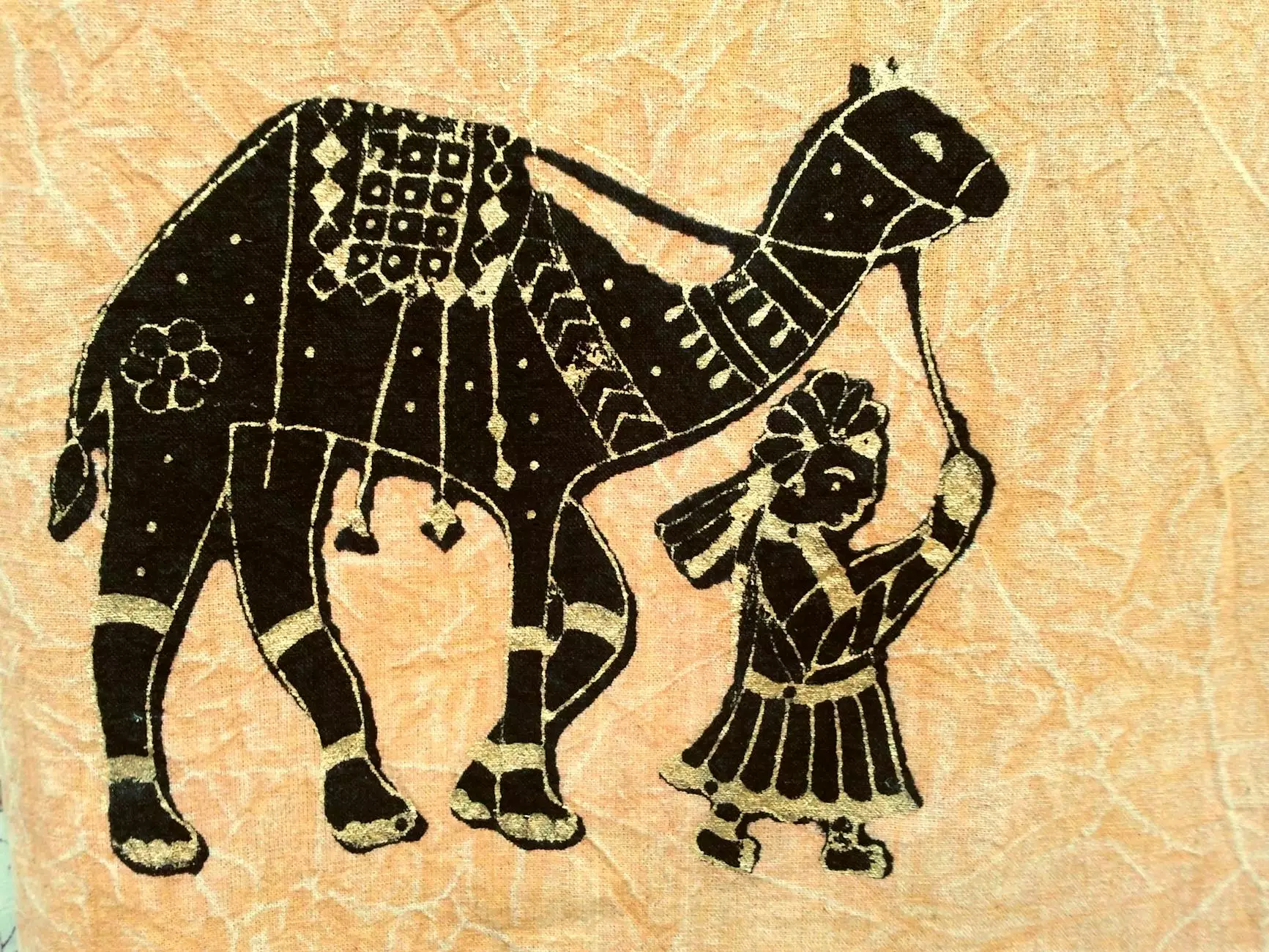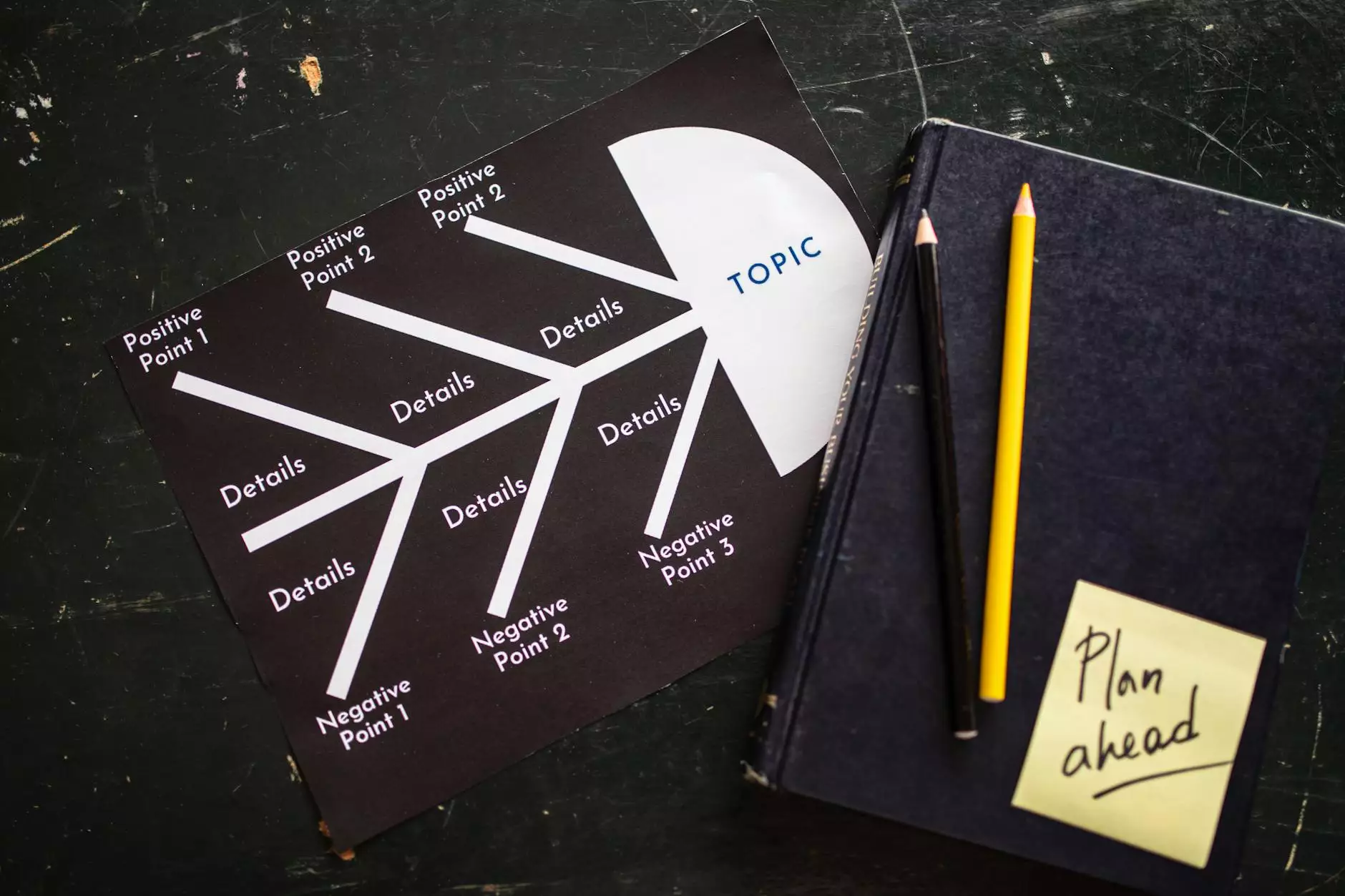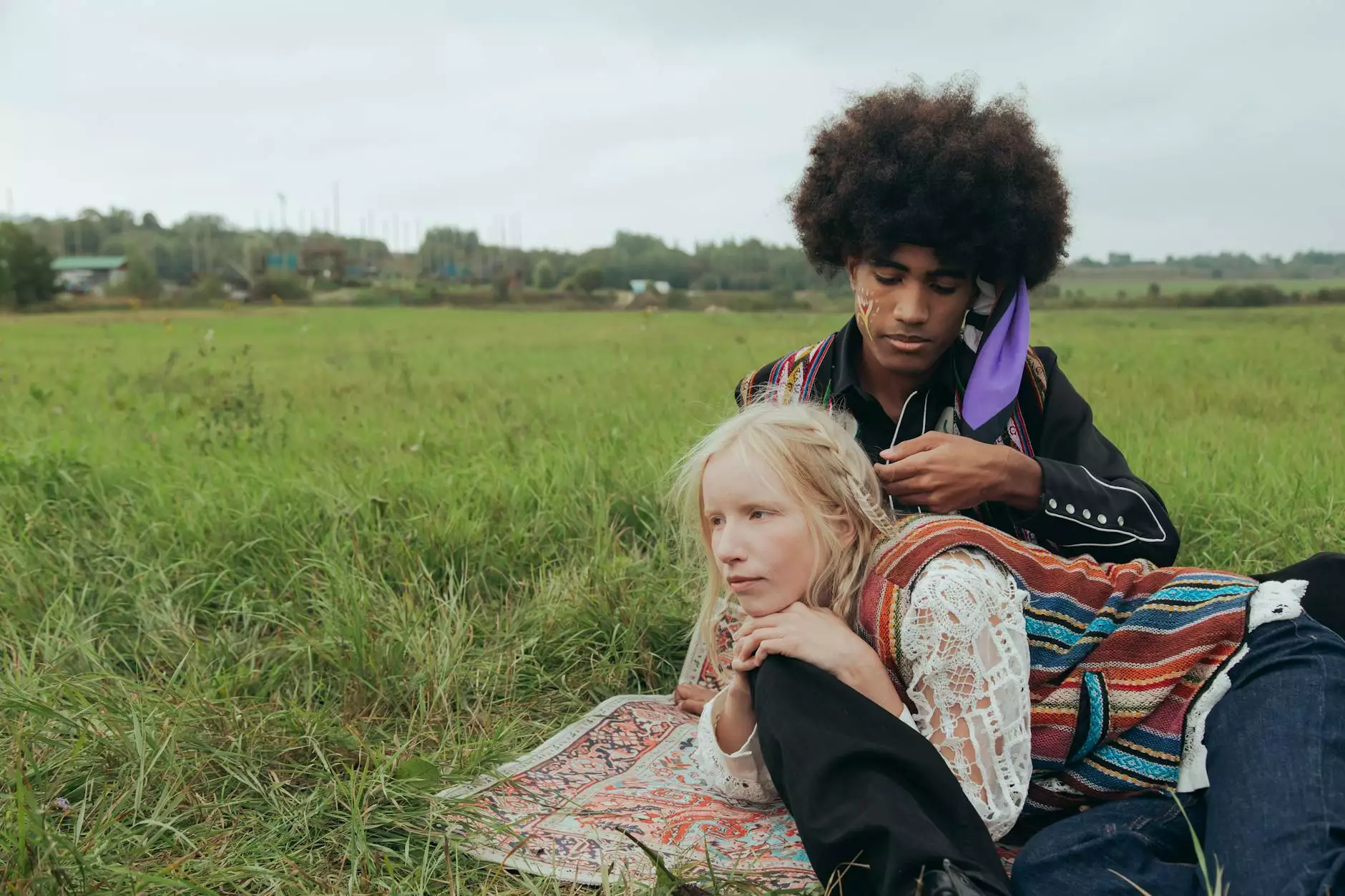Understanding Adoption in Indonesia: A Comprehensive Guide

Adoption is a profound and life-changing decision for many families around the world. In Indonesia, the adoption process is governed by various legal regulations and cultural norms that make it unique. This article will delve into the details of adoption in Indonesia, exploring the legal framework, the procedures involved, and the emotional journey that adopting families may experience.
The Legal Landscape of Adoption in Indonesia
Indonesia has specific laws and regulations guiding the adoption process to ensure the welfare of children and maintain the integrity of families. The primary legal framework for adoption in Indonesia is established by:
- Law No. 23 of 2002 on Child Protection
- Law No. 12 of 2006 on Citizenship
- Government Regulation No. 54 of 2007 on the Implementation of Adoption
These laws emphasize the principles of the child's best interests, protecting the rights of the biological parents, and ensuring that adoption is conducted in a transparent and accountable manner.
The Types of Adoption in Indonesia
Adoption in Indonesia can be categorized into two primary types:
- National Adoption: This type is when Indonesian citizens adopt Indonesian children. It is the most common form of adoption.
- International Adoption: This occurs when foreign nationals adopt Indonesian children. International adoption in Indonesia is subject to stringent regulations to protect children's welfare.
Understanding these distinctions is crucial for prospective adoptive parents as the procedures, requirements, and potential challenges may vary significantly between national and international adoptions.
Eligibility Requirements for Adoption
To adopt a child in Indonesia, prospective parents must meet specific eligibility criteria, including:
- Age Requirement: Adoptive parents must typically be at least 25 years old, and there should be an age difference of at least 18 years between the adoptive parent and the child.
- Marital Status: Married couples have a more straightforward adoption process. Single individuals can also adopt, but the process may be more complex.
- Financial Stability: Potential adoptive parents need to demonstrate financial capability to support a child.
- Health Requirements: Prospective adoptive parents must provide medical reports proving they are in good health.
These requirements help ensure that children are placed in safe, secure, and supportive environments.
The Adoption Process in Indonesia
The procedure for adoption in Indonesia can be intricate and may vary depending on whether it is a national or international adoption. Here’s a detailed step-by-step overview of the adoption process:
1. Consultation with a Legal Expert
It is highly advisable for prospective adoptive parents to consult with a qualified lawyer specializing in family law and adoption. They will provide invaluable guidance on the legal aspects and assist in navigating the process.
2. Finding an Adoption Agency
For national adoptions, prospective parents often work with licensed adoption agencies. These agencies facilitate the matching process and provide necessary support throughout the adoption journey.
3. Application Submission
Parents must submit a formal application to the adoption agency or court. This application includes personal details, motivations for adoption, and information about the family environment.
4. Home Study Assessment
A comprehensive home study is conducted to assess the living conditions, emotional capacity, and readiness of the adoptive parents. Social workers will visit the home and interview the family.
5. Matching with a Child
Once approved, the agency will match the prospective parents with a child. This is usually a critical moment, filled with anticipation and hope.
6. Legal Proceedings
A court petition for adoption is filed, and a court hearing is scheduled. All stakeholders, including biological parents (if applicable), must approve the adoption. The judge will evaluate all evidence and determine if the adoption is in the child's best interests.
7. Finalization of Adoption
Upon the court's approval, the adoption is officially finalized. The adoptive parents receive a legal adoption certificate, establishing their rights and responsibilities.
Cultural Considerations in Indonesian Adoption
Understanding the cultural context surrounding adoption in Indonesia is crucial. Family structures, customs, and religious beliefs play a significant role in how adoption is viewed and executed.
Traditional Views on Family
In Indonesia, family is central to social structure. Adoption has been practiced traditionally in many cultures within Indonesia, with families taking in relatives or children of friends in need. However, formal legal adoption has become more common in recent years.
Social Stigma and Perception
There can be social stigma associated with adoptive families, particularly regarding the adopted child's origins. Education and community outreach about the benefits of adoption can help combat these stereotypes and support adoptive families.
Challenges in the Adoption Process
While the adoption journey can be rewarding, it is not without challenges. Some commonly faced issues include:
- Legal Complexities: The legal framework is complicated and can vary significantly for different cases, particularly between national and international adoptions.
- Emotional Strain: The process can be emotionally taxing for parents, as they navigate uncertainty and the emotional implications of adopting a child.
- Resources and Support: Sometimes, access to resources and support for adoptive families may be limited, necessitating greater reliance on community networks.
Benefits of Adoption for Children and Families
Despite the challenges, the benefits of adoption are tremendous. It offers children a loving home and parents the joy of expanding their family. Some key benefits include:
- Stable Environment: Adoption provides children with stability, love, and a sense of belonging.
- Fulfillment for Parents: For many, the act of adopting fulfills a deep personal desire to nurture and educate a child.
- Broader Cultural Exchange: In cases of international adoption, families often embrace new cultural perspectives, enriching both their and the child’s life experience.
Conclusion: Navigating the Adoption Journey in Indonesia
Adoption in Indonesia represents a beautiful opportunity for families to grow and for children to find secure, nurturing homes. By understanding the legal, cultural, and emotional aspects of the adoption process, prospective parents can better prepare themselves for this significant journey.
For those considering adoption, it is essential to seek guidance from legal experts and be informed about the process's complexities. The path may be challenging, but the potential joys of bringing a child into a loving family make the journey worthwhile.
For more information and assistance regarding adoption in Indonesia, you can visit FJP Law, where experienced lawyers are ready to support and guide you through this profound experience.









